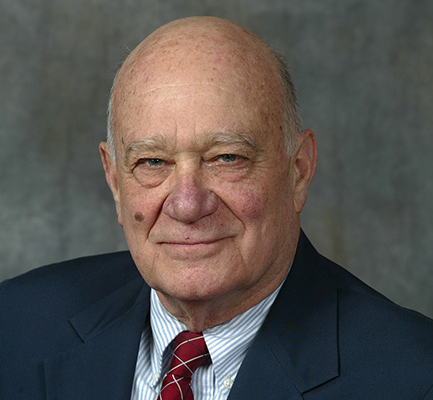After the horrors of this pandemic year, we all deserve a chance for “the pursuit of happiness.” Fortunately, America’s esteemed social philosopher, Thomas Jefferson, endorses our entitlement and he provides pathways to pleasures.
Most folks know that Jefferson amended John Locke’s “life, liberty and property” by substituting “and the pursuit of happiness” for the last word. Jefferson’s added phrase has profound significance that is too seldom recognized.
Even Yuval Noah Harari, in his dazzling 2018 volume, “Homo Deus,” underestimates Jefferson’s commitments to individual and collective happiness. While Harari explores many significant dimensions of happiness, he misses three key Jefferson components:
1.) When Jefferson used the word “pursuit,” he was not referring (as Harari indicates) to “seeking” happiness. Instead, as scholars have shown by reference to the Oxford English Dictionary, in the 18th century the word “pursuit” meant the “practice,” as a person in the “pursuit of medicine or the pursuit of law” – engaged in the actual practice of those professions.). So Jefferson meant that citizens had a right to practice and experience happiness.
2.) For kinds of happiness, it is worth exploring Harari’s lists. A second key point for Jefferson, however, was that he rejected the view that humans had original sin or a disposition to bad conduct. Like Rousseau and Locke he believed that people were shaped by a variety of experiences that could lead to good or bad conduct (chief among these were family, societal mores, laws, significant others, education). Consequently, Jefferson has often been described as an early American “Romantic,” believing individuals were primarily inclined to good values. Jefferson wrote and spoke often of “benevolence” – a commitment to a virtuous life for oneself and a caring response to others in society.
3.) In addition to this “popularization of the Enlightenment” (for the many in America, not the aristocratic elite of the Old World, Jefferson believed the government could play a hugely significant role in expanding benevolence and “res publica,” the public good. He shared the optimism of his pals Benjamin Franklin, and Thomas Paine, who in “Common Sense” wrote, “We have it in our power to begin the world anew; the birthday of a new world is at hand.” With the “people as the constituent power,” Americans could develop the most advanced (though not perfect) society in the history of the world, as described by Alexis de Tocqueville in “Democracy in America.”
Among the key components of the practice of happiness for Jefferson were a) education; b) economic security; c) political fairness; d) open discourse; and e) willingness to make changes.
Too often it is overlooked that Jefferson was the philosopher of the American “common schools,” where boys and girls (race limited then, but with public tax support) could strive to “enlighten the public at large” – a broadly informed citizenry was essential for good government and a good society. Jefferson added a merit dimension to leadership which he referred to as the “natural aristocracy.” The brightest male students, regardless of family status or wealth, would advance through the higher rungs of academic learning based on tests and merit, hence producing a leadership in America that was knowledge-based not merely socially privileged.
The overall well-being of this achieving society depended on economic security. Seldom have Jefferson – or other key American leaders – been recognized for the importance of economic support for democracy, independence, and social justice.
When I was a graduate student at Columbia, I directly encountered this major issue in discussions with my remarkable professor, Richard Hofstadter. He had written a chapter that described Jefferson as “The Aristocrat as Democrat,” emphasizing that Jefferson always advocated that American voters should be landowners (usually stipulating owning 50 acres of land).
Hofstadter was correct in that repeated citation; many American leaders endorsed the British view that owning land was like holding stock in a company; it situated one on real property to be a stakeholder in society.
What was neglected about Jefferson, which Hofstadter paid me the credit of acknowledging, is that Jefferson argued if people did not have 50 acres of land the government should give them the land. Thus, there was an early Jefferson emphasis on economic sufficiency for happiness, for a good society and for a governmental role to provide assistance.
I conclude here with two additional key Jefferson views: 1) when he made the Louisiana Purchase in 1803, he nearly doubled the size of the United States, and he referred to it as “the Empire for Liberty” (this set the stage for Lincoln’s extraordinary Homestead Act of 1862, with free land for millions of Americans of all races).
Next time, I will also consider Jefferson’s role as one of the greatest practitioners of “epistolary friendship and romance,” – a most creative path to happiness.



